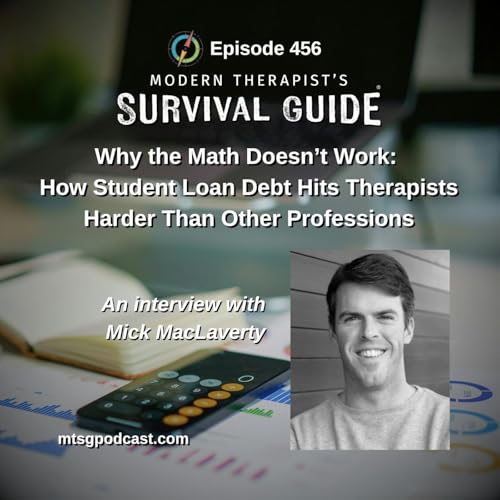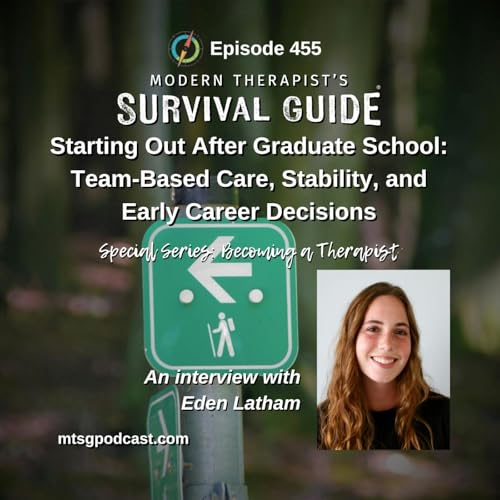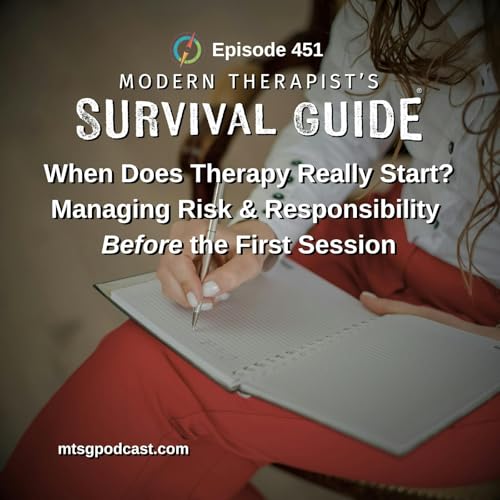Why Food Anxiety Is Not Always About Dieting: Understanding ARFID and Intuitive Eating - An interview with Robyn L. Goldberg, RDN, CEDS-C Diet culture often dominates conversations about eating disorders, but not all struggles with food are driven by weight, body image, or dieting. In this episode, Curt Widhalm and Katie Vernoy talk with registered dietitian nutritionist and certified eating disorder specialist Robyn L. Goldberg about Avoidant Restrictive Food Intake Disorder (ARFID), intuitive eating, and how therapists can recognize when food anxiety requires a different clinical approach. Robyn explains how ARFID differs from more familiar eating disorders, why it is often mislabeled as “picky eating,” and when intuitive eating principles need to be adapted or set aside. This conversation offers therapists practical guidance for assessment, referral, and collaboration with eating-disorder-informed dietitians. Key Takeaways ARFID is not driven by weight or body image concerns and is often rooted in sensory sensitivities, trauma, or fear of aversive consequences Intuitive eating is not a one-size-fits-all model and may require significant structure for some clients Rigid food rules and avoidance can be protective for clients but may also limit functioning and quality of life Exposure-based approaches are often central to ARFID treatment and require specialized training Therapists should refer to eating-disorder-informed dietitians when food restriction significantly impacts health or daily life Guest Bio Robyn L. Goldberg, RDN, CEDS-C, is a registered dietitian nutritionist and certified eating disorder dietitian and consultant with over twenty-eight years of experience. She is the author of The Eating Disorder Trap, host of The Eating Disorder Trap Podcast, and a nationally recognized expert featured in major media outlets. Full Show NotesRead the full show notes and resources at: https://www.mtsgpodcast.com Community and SupportJoin our Facebook group: https://www.facebook.com/groups/therapyreimaginedSupport the podcast on Patreon: https://www.patreon.com/c/mtsgpodcast Modern Therapist’s Survival Guide Creative Credits Voiceover by DW McCannhttps://www.facebook.com/McCannDW/ Music by Crystal Grooms Manganohttps://groomsymusic.com/
Show more
Show less
 38 mins
38 mins Feb 12 202644 mins
Feb 12 202644 mins 42 mins
42 mins 37 mins
37 mins 42 mins
42 mins 45 mins
45 mins 43 mins
43 mins Jan 19 202641 mins
Jan 19 202641 mins
